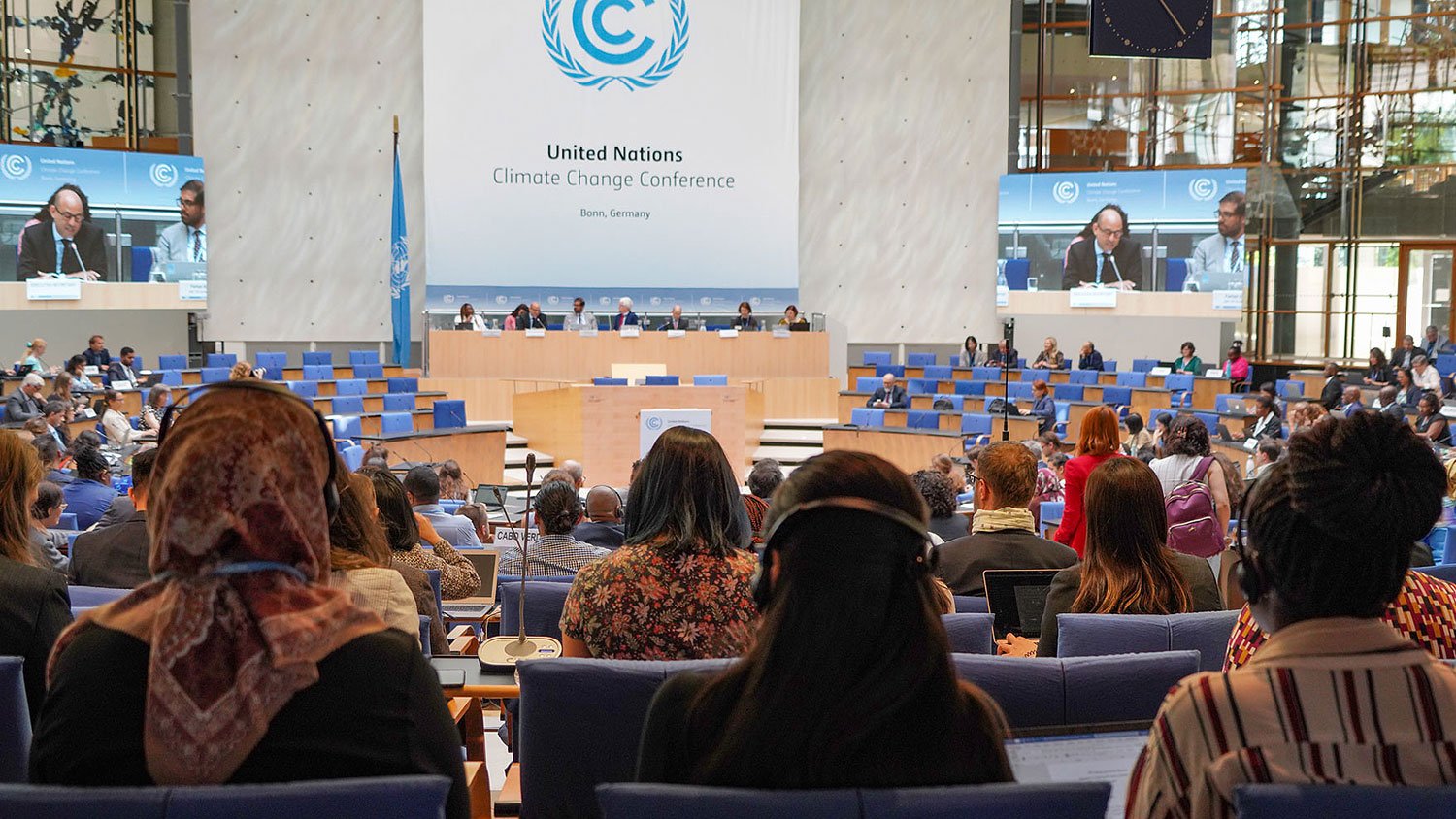Brazil Takes Charge Of Mercosur's Tourism Vision, Driving Sustainable Growth And Collaboration - Travel And Tour World
Saturday, May 24, 2025

Brazil has assumed temporary leadership of Mercosur’s tourism policy, driving innovation, sustainability, and regional collaboration to enhance the tourism sector.
In a recent virtual meeting of Mercosur Tourism Ministers, Brazil assumed the temporary presidency of the association’s tourism sector. The meeting was attended by representatives from Argentina, Paraguay, Uruguay, Bolivia, and Chile, marking a significant step in the ongoing efforts of Mercosur to enhance collaboration within the tourism industry. One of the key topics of discussion during the meeting was the promotion and expansion of regional gastronomic tourism, a sector that has seen growing interest as a means of both preserving and showcasing the diverse cultural heritage of the region.
As part of the meeting, Brazil extended an invitation to all Mercosur member states to join the 30th UN Climate Change Conference (UNFCCC COP 30), scheduled to take place in Belém, Brazil, in November. This invitation reflects Brazil’s broader commitment to environmental sustainability, with particular emphasis on the tourism sector’s impact on climate change. The COP 30 conference is expected to be a significant forum for global discussions on climate policies, and Brazil’s initiative highlights its desire to integrate the Mercosur nations into the international conversation on sustainability. By including tourism in these discussions, Brazil aims to reinforce the importance of environmentally responsible practices in the tourism industry, recognizing the sector’s growing influence on local economies and ecosystems.
The decision to invite Mercosur states to participate in COP 30 underscores the ongoing efforts within the region to address climate change through collaborative action. Brazil’s leadership in this area aligns with its broader environmental goals and presents an opportunity for the member countries to unite around shared sustainability objectives. As the world faces increasing environmental challenges, the involvement of regional tourism sectors in global climate discussions will play a crucial role in shaping the future of tourism in the face of climate change. The opportunity to engage in these international conversations will allow Mercosur to better align its regional tourism policies with global efforts to reduce carbon emissions, protect natural resources, and promote sustainable development.
At the same time, the meeting resulted in the signing of a new agreement by the Mercosur nations, aimed at deepening their collaboration in the tourism sector. The document highlights the shared commitment of the member countries to foster inclusive, sustainable, and innovative tourism practices. These principles are intended to guide future tourism policies within the region, ensuring that growth in the sector not only supports economic development but also enhances social equity and promotes environmental stewardship. The document stresses the importance of creating policies that balance the economic benefits of tourism with the need to protect cultural and natural resources, recognizing that long-term success in tourism requires a commitment to sustainability at every level.
The new agreement signals a shift towards a more integrated and forward-thinking approach to tourism within Mercosur. By focusing on inclusivity and sustainability, the region aims to create a tourism model that is resilient, adaptable, and beneficial for both visitors and local communities. The agreement also encourages the development of innovative solutions that can address the complex challenges facing the tourism sector, such as overcrowding, resource depletion, and environmental degradation. Through this collective effort, Mercosur seeks to position itself as a leader in sustainable tourism, showcasing its ability to balance economic growth with environmental and social responsibility.
Furthermore, the collaboration emphasizes the role of tourism as a tool for regional integration, with a focus on creating cross-border initiatives that can benefit all member countries. Gastronomic tourism, for example, is seen as a key area for growth, as it allows for the promotion of regional culinary traditions while fostering deeper connections between neighboring nations. This approach not only enriches the visitor experience but also creates new economic opportunities for local communities. By promoting regional tourism as a driver of economic development, Mercosur countries can create jobs, support small businesses, and generate revenue in a way that benefits both local economies and the environment.
The decision to prioritize sustainability in the tourism sector also reflects a growing recognition that tourism is an essential part of the global economy and a powerful driver of change. With increasing numbers of travelers seeking eco-friendly and socially responsible destinations, the Mercosur nations are positioning themselves to meet this demand while simultaneously preserving the cultural and natural heritage that makes the region unique. By fostering innovation, inclusivity, and sustainability, the countries of Mercosur are not only strengthening their tourism sectors but are also helping to set a global standard for responsible and forward-thinking tourism development.
As Mercosur moves forward with this new framework for regional tourism cooperation, the collective efforts of its member countries are expected to play a key role in shaping the future of sustainable tourism in South America. By aligning regional policies with global sustainability goals, the Mercosur nations can enhance their competitiveness in the global tourism market, attract environmentally-conscious travelers, and contribute to the broader global effort to combat climate change. With a shared commitment to innovative solutions, sustainable growth, and inclusive practices, the region is poised to become a leading example of responsible tourism development.








